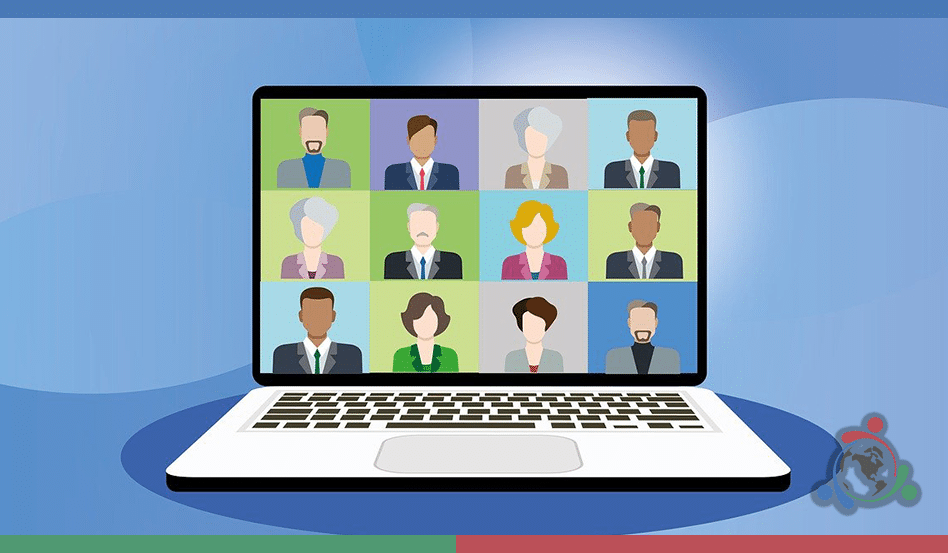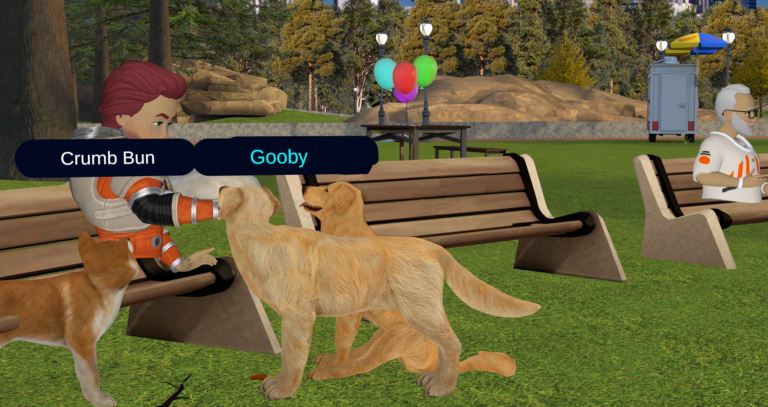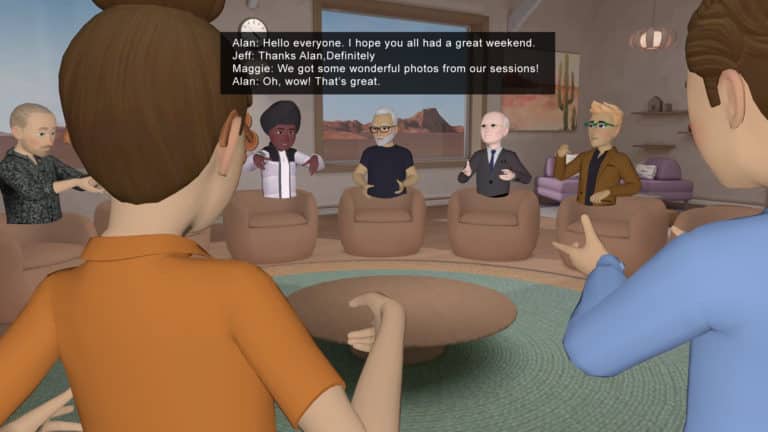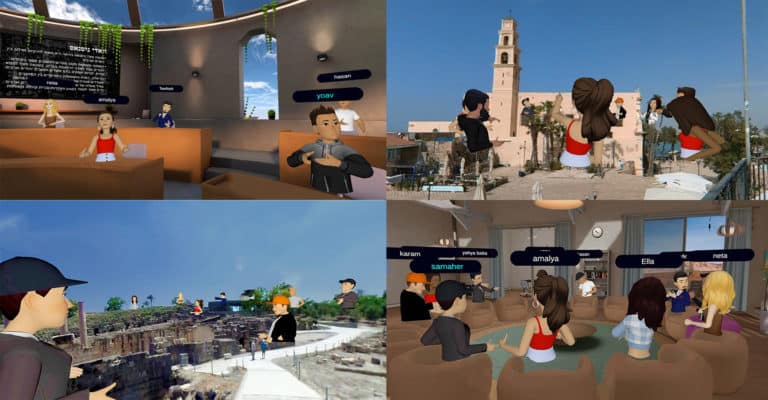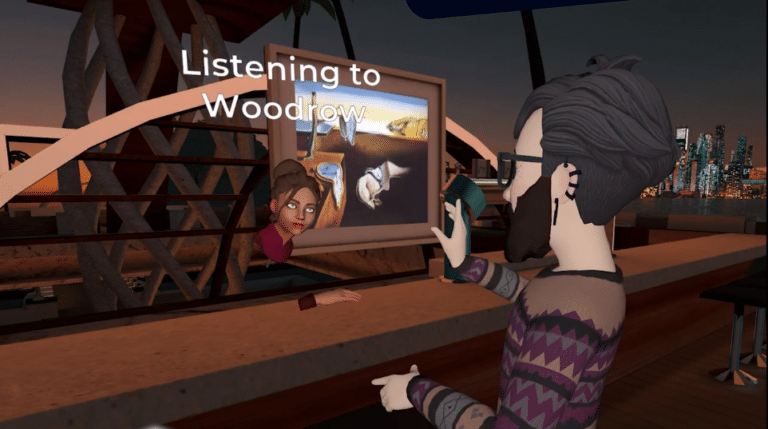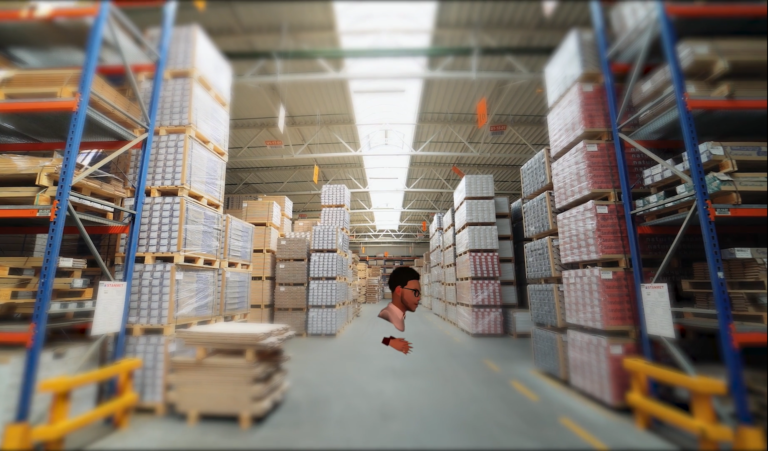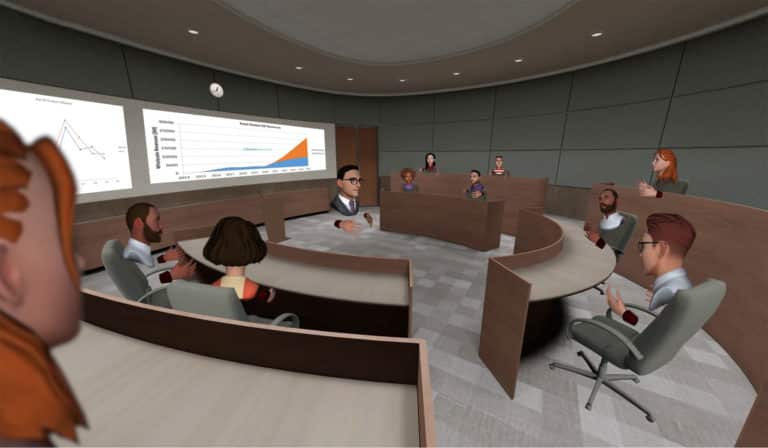The term ‘Zoom Fatigue’ was coined over the past year to describe the general malaise associated with constantly being on video calls throughout the day.
Now researchers say that it is a real phenomenon and have identified four main causes including “excessive and intense eye contact, constantly watching video of yourself, the limited mobility of being stuck at your desk, and more energy spent identifying social cues you’d otherwise pick up on intuitively in person.”
Virtual Reality (VR) offers an alternative to video by addressing some of the root causes of Zoom Fatigue.
Excessive and intense eye contact – While eye contact is an important aspect of communication, staring at a panel of faces for prolonged periods of time on a flat screen is simply not natural. VR replaces the flat screen with a shared 3D environment in which participants are spaced naturally apart and conversations mimic those of the real world.
Constantly watching video of yourself – It is natural for humans to fixate on our own appearance and this can distract from natural conversation with others. In VR, everyone is represented as an expressive avatar. This lowers self-judgement and allows for less inhibited conversation.
Limited mobility of being stuck at your desk – Sitting in one place for long periods of time is not healthy mentally or physically. Current VR headsets are not tethered to a computer allowing you to take meetings from anywhere, standing or sitting.
More energy spent identifying social cues – Non-verbal communication can be equally important as speaking and listening. With video calls, those cues typically only happen from the shoulders up and within the confines of a 2D box. In VR, hand gestures, gaze direction, and overall body posture are observable in a 3D environment giving a more complete sense of how someone is reacting to and absorbing information and conversations.
Foretell Reality is a VR platform for remote communication that offers all of the benefits of 3D environments and avatars. We work with our clients to design experiences that fit their use cases in areas like group therapy and support, soft skills training, and business collaboration. Interested in a demo? Click here.


